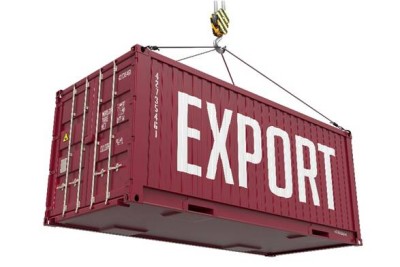The Bureau of Industry and Security (BIS) of the Department of Commerce has implemented a rule aligning a temporary export license exception with the rules of the IMMEX program in Mexico. The rule was effective January 3, 2017.
U.S. exporters are eligible to use the license exception Temporary Imports, Exports, Re-exports and Transfers (TMP) for commodities subject to the Export and Administration Regulations (EAR) sent abroad temporarily for no more than one year, as long as the items are not consumed or destroyed during the period. However, the one year limit under the TMP license exception does not comport with the time length approved under Mexico’s IMMEX (Decree for the Promotion of Manufacturing, Maquiladora and Export Services) program. Under the IMMEX program, imports of items for manufacturing operations may enter for up to 18 months and beyond. Under the new rule, items exported under TMP and admitted under the IMMEX program may remain in Mexico for up to four years from the date of export or re-export.
Due to the conflict between the authorized time periods under TMP license exception for U.S. exports, and admittance into Mexico under the IMMEX program, the BIS determined to extend the authorized time period of the TMP exception up to four years. The discrepancy between the two authorized time periods reduced the effectiveness of both policies and was deemed to hinder the export of EAR-subject items from the U.S. to Mexico. U.S. companies had notified BIS of the difference in the authorized time periods and specifically requested that BIS amend the EAR to better align with the IMMEX time periods. The four year period complies with the validity of BIS licenses in general, and also mirrors the maximum time available that items may remain in Mexico under the IMMEX regime.
BIS believes that this proposed rule will not have a significant economic impact because exporters are already using other provisions of the EAR to participate in IMMEX, but this rule will amplify the use of the TMP exception and allow for ease of movement between the border for these temporary exports.
By: Jennifer Horvath, Senior Associate Attorney

